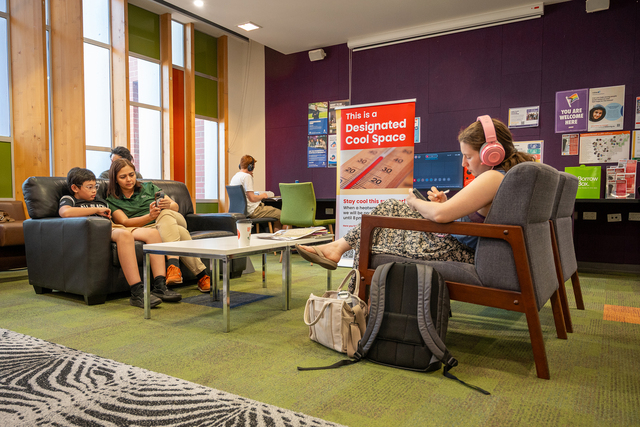Caring for our local natural environment is an important part of any government and building a sustainable future for our residents and businesses is crucial for long-term prosperity.
In the absence of leadership at the federal level, local governments across Australia can show the way forward on climate change through clear decision making, long-term approaches and policies that impact the way we go about our lives on a daily basis.
Local government has a pivotal role in environmental management and increasingly, governments and councils are pursuing strong, grassroots initiatives, such as waste education and biodiversity improvements.
By 2020, the ACT will be the first Australian jurisdiction to be powered 100 per cent by renewable energy. A combination of wind and solar farms will power homes and businesses for more than 421,000 people. Our expertise will also create new, high-tech jobs.
Reaching this target has been a long-term project. Work has been undertaken over many terms of government and it’s been hard work. But I believe that the environmental and economic benefits outweigh the costs and local government should do everything it can to positively impact our environment.
Take, for example, the impact on our environment of plastic shopping bags. Five years ago, we legislated to ban shops from offering single-use plastic bags to consumers. In the first two years, we reduced plastic bags to landfill by 36 per cent.
The ban has also impacted the health of our waterways, which, as part of the Murray-Darling Basin, are vitally important to eastern Australia. To further help this part of our environment, we’ve secured Federal Government funding for our healthy waterways H2OK project and we’re increasing volunteering opportunities across our natural settings.
Smaller and larger policies can work hand-in-hand at a local level. In the ACT, for example, we’ve subsidised lighting upgrades for households and we’ve also mandated an energy efficiency rating (EER) on all households. The housing market has responded and properties with higher EERs often bring more interest from buyers and renters.
Communities across Australia are demanding environmental leadership and, through good local governance and strong policy settings, it can be achieved.

















